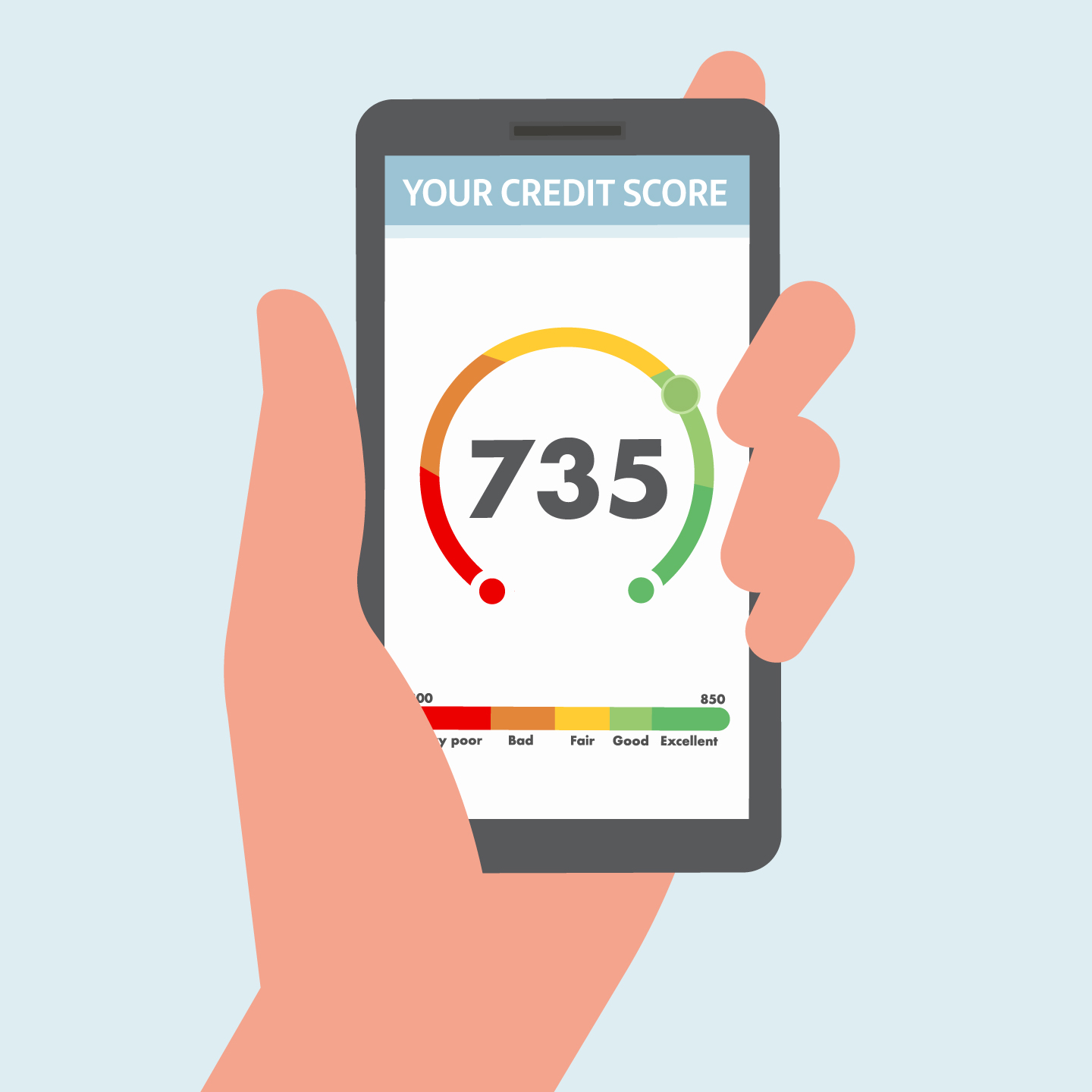 How often do you check your credit report? Maybe the better question is, when was the last time you checked your credit report?
How often do you check your credit report? Maybe the better question is, when was the last time you checked your credit report?
A regular review of your credit report is a good habit to develop. Whether you are in the process of building first-time credit, repairing damaged credit or just like to make sure your information is correct, your reports are good tools to use.
Ignoring your credit report, however, is something different altogether. And like most things, choosing to simply bury your head in the sand doesn’t make it go away. Nor is it a good idea.
Why is checking your credit report important?
Keeping an eye on your credit report is important for several reasons. For starters, mistakes happen. No human or computer, as hard as we may try, is perfect. So, while every effort is made to ensure the information reported to bureaus is correct, the truth is sometimes errors are made.
In the event of a mistake, the best way to catch it is by regularly reviewing your information. Then you can address it right away.
Another good reason to check your credit report is to avoid identity theft. Keeping an eye on what’s happening with information reported to credit bureaus can give you an early warning if you have fallen victim. Plus, catching issues early can make it easier to stop credit thieves and take the steps needed to get information corrected.
How often should you check your reports?
Everyone is entitled to one free credit report per year from each of the three major credit bureaus (Equifax, Experian and TransUnion).* This said, the term “regularly” means different things to different people.
For many, requesting one, or all three, of their free, annual reports is enough. Others choose to do it more often.
Of course, checking up on your personal information more often may come with a fee, depending upon the method you choose. It’s up to you to determine how you want to proceed and which method works best for you.
How do you get your free annual reports?
Obtaining your free annual report is pretty easy.
The first time I did it, I chose to go to each of the three major bureaus’ websites separately. Thinking it would take me hours to figure out each site, I was pleasantly surprised that I had all three downloaded and ready to review in about 15 minutes.
You can also visit AnnualCreditReport.com. When you complete the form on their site, you can then request one, two or all three of your reports.
It is important to note that your free, annual credit reports provide the information on your report(s) only. They do not include your credit score.
Additional resources you can use
If you prefer to check on things more often, you have several options. Websites and apps like Credit Karma, NerdWallet and WalletHub (just to name a few) offer frequent updates, your credit score and advice. You will need to sign up for their services first. But many find that doing so is beneficial.
You may also opt to sign up for a credit monitoring service. If you have a goal in mind, or if you have been a victim of identity theft, a service can be helpful. Having someone keeping an eye on things may also provide you with peace of mind.
In many cases, the available online services are free. You simply need to enroll and then you can start reviewing your information as often as you like.
Credit monitoring, however, typically comes with a fee. It’s important to understand what is included and make sure it covers what you need.
It’s never too late to start
Has it been a while since you’ve reviewed your bureaus? Luckily, it’s not too late to get started.
The good news is you have easy options that you can put to work for you. Once you get things rolling, you reduce the risk of surprises popping up when it’s time to make one of life’s major purchases, like a car, truck or SUV.
*Federal law allows for one free credit report from each of the three major bureaus every 12 months. However, during the COVID-19 pandemic, Experian, Equifax and TransUnion began offering free weekly reports. As of the writing of this article, they continue to do so.



